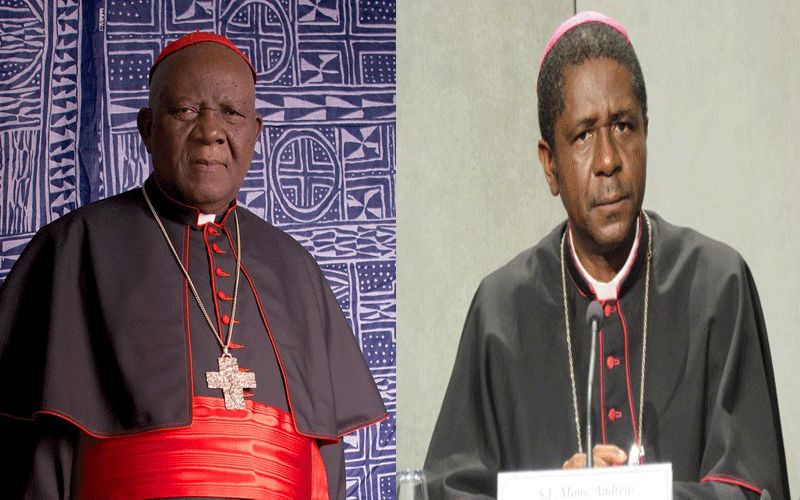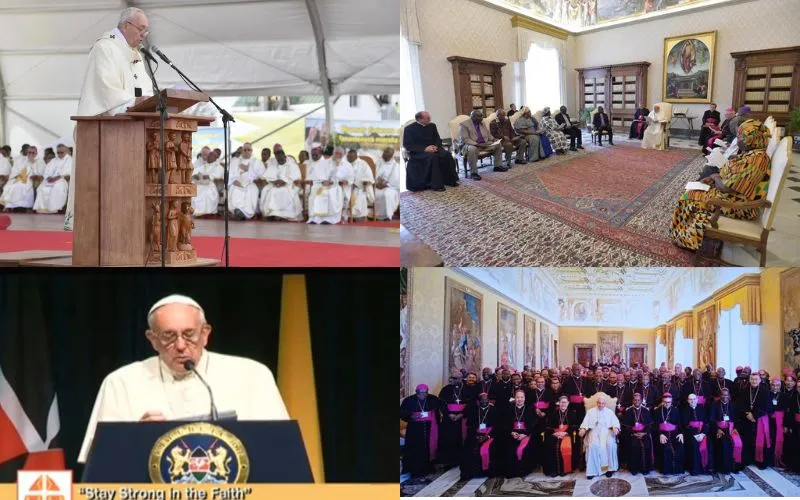Yaounde, 07 December, 2019 / 12:10 am (ACI Africa).
Two Catholic Prelates, Christian Cardinal Tumi and Bishop Andrew Nkea who recently spearheaded a peace delegation to the North West and South West Regions of Cameroon in view of sensitizing citizens about the proposals made during the end-September early-October National Dialogue have described their mission as “successful” and a “good beginning.”
“We think that the launching of the peace drive was successful. We are not saying that it was perfect, but it was a good beginning and everyone is waiting for more to be done,” Cardinal Tumi has been quoted as telling the state media after presenting the report of their mission to the Prime Minister, Joseph Dion Ngute in the country’s capital, Yaounde Wednesday, December 4.
“We were sent out to propose to the population and to those who will explain to the populations of the various divisions the importance of peace for anything to be done at all. Without peace nothing can be done,” Cardinal Tumi who led the delegation to the North West region explained.
The Archbishop Emeritus of Douala expressed some of the questions on the mind of those he met during his mission, "The population wanted to know the content of the special status to the North West and South West.”
Referencing the lack of disclosure on the content of the controversial National Dialogue that came up during his mission, the Cameroonian Cardinal observed, “We expect the content to be made known to the people as soon as possible – what will make the difference between the North West and South West and other regions of Cameroon because there are colonial and cultural differences we inherited.”








